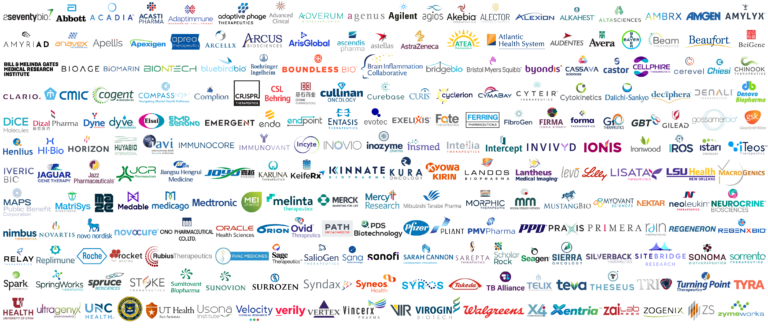
The ballot question shone a light on a broader debate about whether such infrastructure should be privatized or not. As The Baltimore Banner reported last month, back when Mayor Brandon Scott’s administration was planning a telecom consulting contract that p rompted some City Council members’ critique, the aging conduit system requires maintenance that mayoral administration spokesperson James Bentley said was outpacing the profit it brought in from leases to Baltimore Gas & Electric and others. In short: the question put to voters another charter amendment that would prohibit “ the sale, transfer, or franchising of the City’s underground conduit system for cables, wires, and similar facilities,” according to the state elections board. While this city-specific ballot question was far less controversial than the Sinclair boss-funded campaign behind Question K, whose proposal for a charter amendment setting various elected positions’ term limits passed with over 70% of the vote, Question E could have serious implications for how Baltimore’s communications infrastructure operates. “If our kids aren’t ready to fill those roles, they’re going to be left behind and people from the outside of Baltimore city are going to come in and take those jobs.” Question E en route to banning the sale of the underground conduit system “When I see Baltimore as a whole, I see our economy going in the direction of becoming like a tech hub,” she said at the time. While neither they nor Curley immediately returned Technical.ly’s request for comment, Esposito told us before that the education pipeline matters for Baltimore tech’s future. If the remaining results do not dramatically shift the results, then that means Esposito - one of three aforementioned frontrunners with tech connections, as well as the only working technologist of the bunch - and Kenyatta-Bey will be sitting on the school board next year. Patterson High School educator Kwame Kenyatta-Bey followed close behind at 27.5%, while onetime Google DEI recruiter-turned-prominent-critic April Christina Curleyand former Digital Harbor High teacher Salimah Jasani nabbed 22.5 % and 20.26%, respectively.

Still, the current reports suggest that Ashley Esposito, a former IT programmer for the State of Maryland, earned first place with 28.9% of the vote, or 47,786 total votes.

To be sure, the first election for two open spots on the City of Baltimore’spublic school board has yet to fully conclude, with the State Board of Elections noting as of press time that 294 of 296 precincts have reported results.

Ashley Esposito takes first place in close school board raceĪshley Esposito. With a gubernatorial race, recreational cannabis legalization, local police control oversight and a media boss-funded term limits measure all on the Election Day ballot yesterday, you might have missed the handful of electoral developments that reflected the importance of tech to Baltimore’s economy and governance.īut tech and entrepreneurship were, indeed, embedded within several of the questions and choices that Baltimoreans had to vote on this year - and in more direct ways than the kind of trickle-down effects we might expect when Democrat Wes Moore heads to Annapolis to make history as Maryland’s first Black governor.įrom key candidates and prospective winners in the race for two open Board of School Commissioners seats to a pair of ballot questions that could impact the way we use our internet and communications infrastructure, here are just some of the ways that the topics we most frequently cover at Technical.ly manifest in yesterday’s races.


 0 kommentar(er)
0 kommentar(er)
